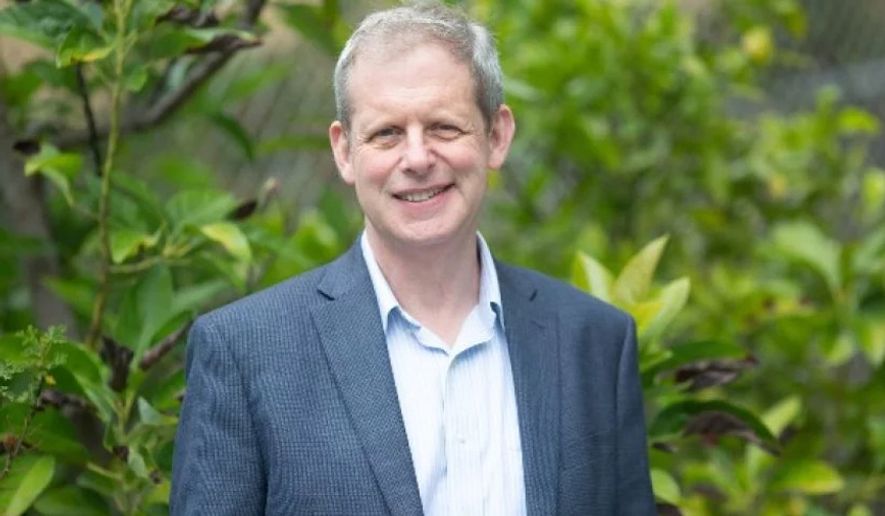A federal judge stopped enforcement of a New York law aiming to regulate online hate speech this week, siding with the video platform Rumble and law professor Eugene Volokh.
Rumble, a competitor of YouTube, and Mr. Volokh, who runs the Volokh Conspiracy legal blog, challenged the constitutionality of New York’s law that sought to force social media platforms to create mechanisms to flag hate speech and to publish policies for how it would address complaints.
Judge Andrew L. Carter granted a preliminary injunction on Tuesday saying the law violated the First Amendment. He said New York’s law both forced social media platforms to speak about hate speech and chills the constitutionally protected speech of people using the platforms.
“Even though the Hateful Conduct Law ostensibly does not dictate what a social media website’s response to a complaint must be and does not even require that the networks respond to any complaints or take down offensive material, the dissemination of a policy about “hateful conduct” forces plaintiffs to publish a message with which they disagree,” Judge Carter wrote. “Thus, the Hateful Conduct Law places plaintiffs in the incongruous position of stating that they promote an explicit “pro-free speech” ethos, but also requires them to enact a policy allowing users to complain about “hateful conduct” as defined by the state.”
New York Gov. Kathy Hochul signed the hateful conduct law last year in the aftermath of a May 2022 mass shooting in Buffalo where a White gunman killed 10 people, using the platform Twitch to broadcast the racially motivated shooting spree.
The Democratic governor immediately reprimanded social media companies for the spread of radicalization online following the shooting, and New York Attorney General Letitia James issued a report in October saying online platforms had “played an undeniable role” in the attack.
With New York’s hateful conduct law set to take effect in December, the Foundation for Individual Rights and Expression (FIRE) filed a lawsuit on behalf of Mr. Volokh and Rumble in the U.S. District Court for the Southern District of New York. Mr. Volokh said at the time that New York was trying to turn him into the speech police for running his blog.
After emerging victorious this week, Mr. Volokh said he was grateful that the judge’s decision made clear that governmental attempts to enact viewpoint-based regulation are unconstitutional.
“New York tried to single out particular ideological viewpoints by requiring me and other platform operators to have policies for dealing with those viewpoints,” Mr. Volokh said in a statement shared by FIRE. “That’s just as unconstitutional as the government targeting ’unpatriotic’ speech or anti-police speech or whatever else.”
Judge Carter’s ruling did not agree with the entirety of Mr. Volokh and Rumble’s argument, however, and may have lasting consequences for policymakers studying different ways to regulate social media companies.
Judge Carter rejected Mr. Volokh and Rumble’s argument that the New York law violated Section 230 of the Communications Decency Act, which provides legal liability protections for online platforms for content posted by their users. The judge said the New York law did not impose liability on Mr. Volokh and Rumble in violation of Section 230.
Ms. James’ office did not immediately respond to a request for comment on Thursday regarding the judge’s decision.
• Ryan Lovelace can be reached at rlovelace@washingtontimes.com.




Please read our comment policy before commenting.